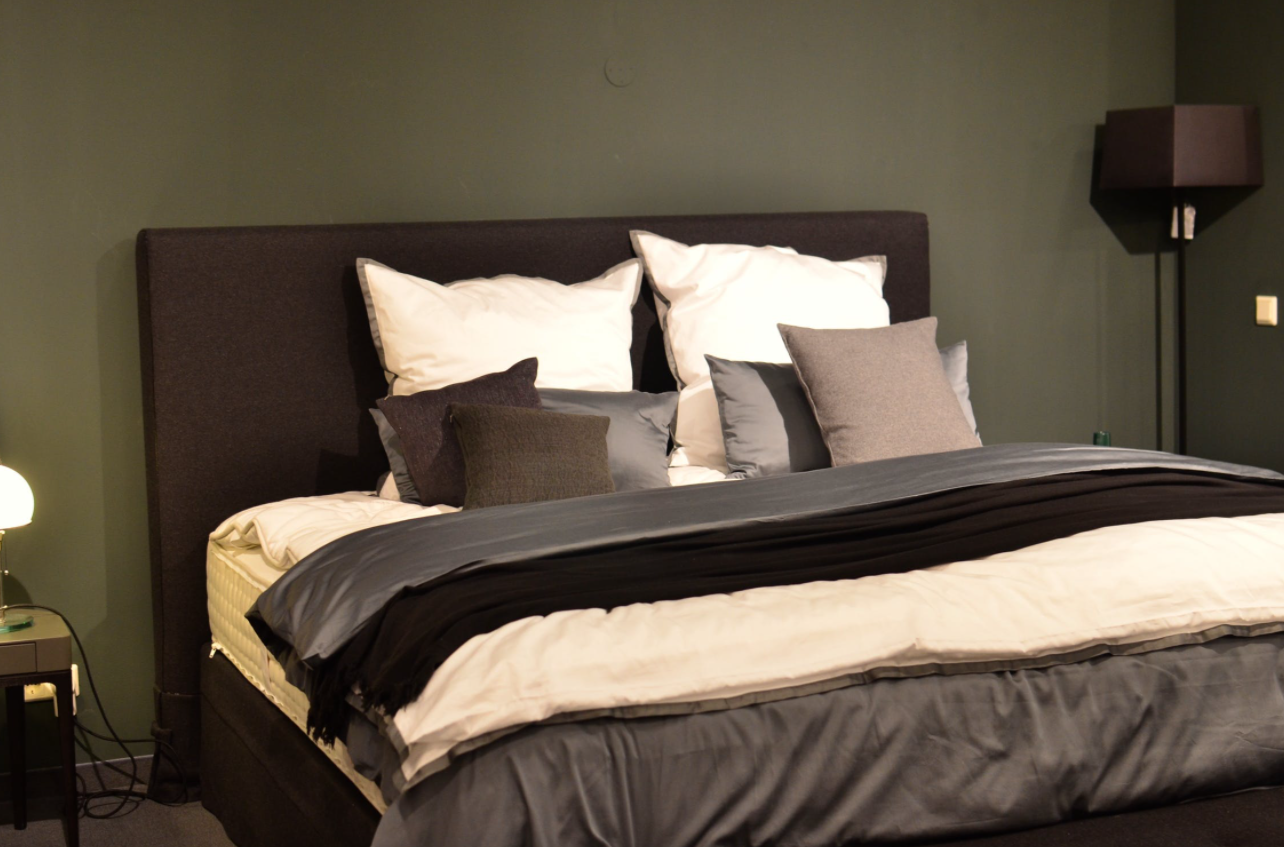Buying a natural mattress is possibly the best investment you can make. Here's why!
 Photos by: Unsplash
Photos by: Unsplash
Natural mattresses are made from organic cotton, wool and natural latex. They are hypoallergenic and don't give off the dangerous toxins that conventional mattresses can. However, it can be difficult to tell from the label whether a mattress is really made from purely organic materials or whether it is made from only synthetic materials that have not yet been classified as harmful. The most important standards to look for when shopping for mattresses are those Global Organic Textile Standard (GOTS) and the Global Bio-Latex Standard (GOLS). Some other common logos also indicate worthwhile manufacturing standards, but may not indicate that a mattress is made from organic or natural materials.

Basic information on the GOTS and GOLS labels
When you know you definitely want one natural mattress Made with the highest possible percentage of organic materials, you'll want to look for the GOTS or GOLS labels. The GOTS label states that 95 percent of the textiles in the mattress are organically grown, and it also limits the chemicals and substances that can be used in the other five percent of the mattress. For example, you cannot use chemical flame retardants or polyurethane in a GOTS certified mattress. The GOLS certification is similar, but speaks for the origin of the natural latex in the mattress. A GOLS-certified latex mattress must contain at least 95 percent natural latex and comply with the restrictions on which chemicals and components can make up the other five percent of the content. When buying a natural organic latex mattress, get one that is both GOTS and GOLS certified. This means that both the textiles and the latex in the mattress are certified organic. However, if you get a traditional spring mattress that doesn't contain latex, just look for the GOTS label.
Other labels to consider
The Ministry of Agriculture allows mattress manufacturers to use the word "organic" in labeling when only some of the materials are organic. If you see something like “Made from Organic Cotton” on a mattress label, it means that only a percentage – maybe a small percentage – of the cotton is organic. To receive the USDA-certified organic seal, textiles must be at least 95 percent organic and have been processed without the use of certain chemicals. However, maybe you can't afford a completely organic mattress, or you might want some kind of label that puts you at ease about the mattress volatile toxic compounds (VOCs) A mattress can emit or even if toxic chemicals were used in its manufacture. The Oeko-Tex Standard 100 can give you an idea of the expected VOC emission values for a particular mattress and whether this mattress was made with allergenic dyes or toxic chemical flame retardants. CertiPUR-US and Greenguard or Greenguard Gold certifications also provide information on whether a mattress was made with harsh chemicals or emits VOCs. The Organic Content Standard 100 states what percentage of the mattress is of organic origin, but does not contain any information about the presence of toxic components or the likelihood of VOC emissions.

Materials and mattress style
Which materials are best for an organic mattress? Well, it really comes down to what you want in a mattress. Would you like the firm, body-hugging support and the transfer of memory foam with little movement? A natural latex mattress offers a similar feeling of sleep. However, since natural latex is more breathable than memory foam, you sleep cooler. The natural latex also doesn't break down as quickly as memory foam, so you can enjoy the same cushioning and support from your mattress for 20 years. However, some people prefer just a spring mattress. If you're really committed to sustainability, find one made from organic textiles and recycled wood and metal. You can also use a hybrid mattress that combines a spring core structure with latex foam padding.
It's not always easy to choose the right natural mattress for your home – and just because the label says "organic" doesn't mean the mattress materials are actually organic. You need to know what the different industry labels mean and how to identify which one denotes the actual business. That way, you can buy the natural mattress you need and enjoy many nights of blissful sleep in a chemical-free, sustainable bed.




